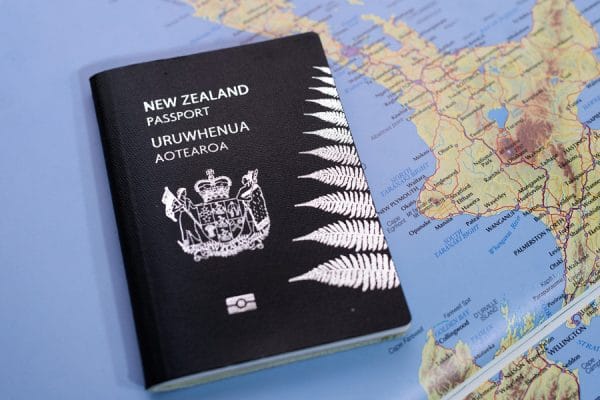Employee Leave for Overseas Travel
In the current COVID environment, approving employee leave for overseas travel requires some extra considerations. Our travel bubbles have been long awaited and signal an important step toward turning around our embattled tourism industry. However, as an employer you need to have the mechanism to approved or decline leave applications from your staff. You can refuse a request for annual leave, for overseas travel or not, if you have:
- reasonable grounds; and
- a fair process for considering all applications.
Employee responsibilities
If you are in a position to approve a leave request, MBIE have assured the business community it is your employee’s responsibility to stay safe. Moreover they must cover any costs related to the travel. This includes the cost of any managed isolation that may apply.
However, it is good practice, particularly in these uncertain times, to agree together a course of action if anything unexpected happens. Do this before your employee takes off for their break! For example, can they take their laptop and work remotely if they happen to be stuck overseas or in MIQ?
If the occasion arises and they cannot work remotely then you need to talk to your staff member. Do they have enough annual leave to cover an extended period? See if they can use other types of leave, eg unpaid leave for part of the time they are away. Consider how long you are able to hold their job open.
What if my employee is stranded overseas?
When considering a request from an employee for overseas travel, note the following three important points:
- You cannot automatically dismiss your employee if they become stranded overseas beyond their approved leave. You must act in good faith. This means that you need to consider other workplace changes. For example, changing hours of work, arranging remote working, approving further types of leave, etc. You must also follow a fair and proper process before making any decision.
- If your staff member becomes stuck during any personal travel and is unable to work remotely, you will not necessarily be required to pay them. It will depend what is in their employment agreement.
- If your staff member contracts Covid-19, they can take any available sick leave.
Acting in good faith
Employers and employees need to discuss, in good faith, any changes in work arrangements, leave and pay, or health and safety measures. Make sure you can evidence that these discussions have taken place, should the need arise.
As MBIE reminds us, employers and employees need to work together to protect New Zealand and keep each other safe. This means that normal obligations to keep in regular contact and to act in good faith are more important than ever.
Regular employment law still applies to all employment relationships regardless of the circumstances that we find ourselves in. This includes anything that has been agreed to in an employment agreement and any policies or procedures you have outlined in your employee handbook. If you are uncertain you have all your bases covered, or feel like your leave application (approval and declination) processes could be improved, please contact us.
Quarantine-Free Travel – How a COVID-19 case in Australia would be managed

